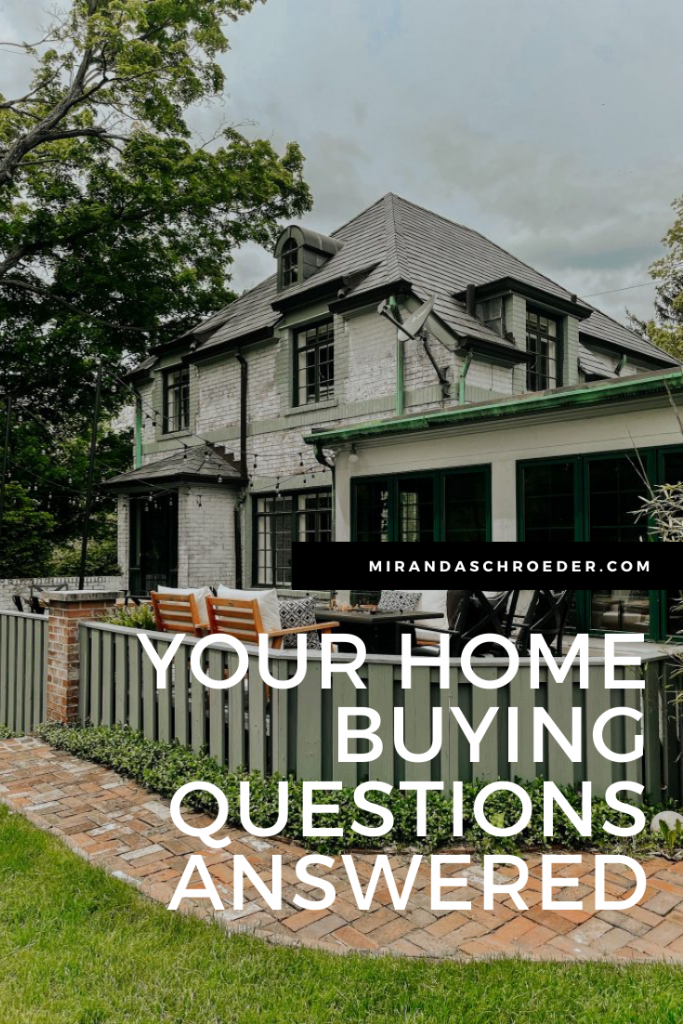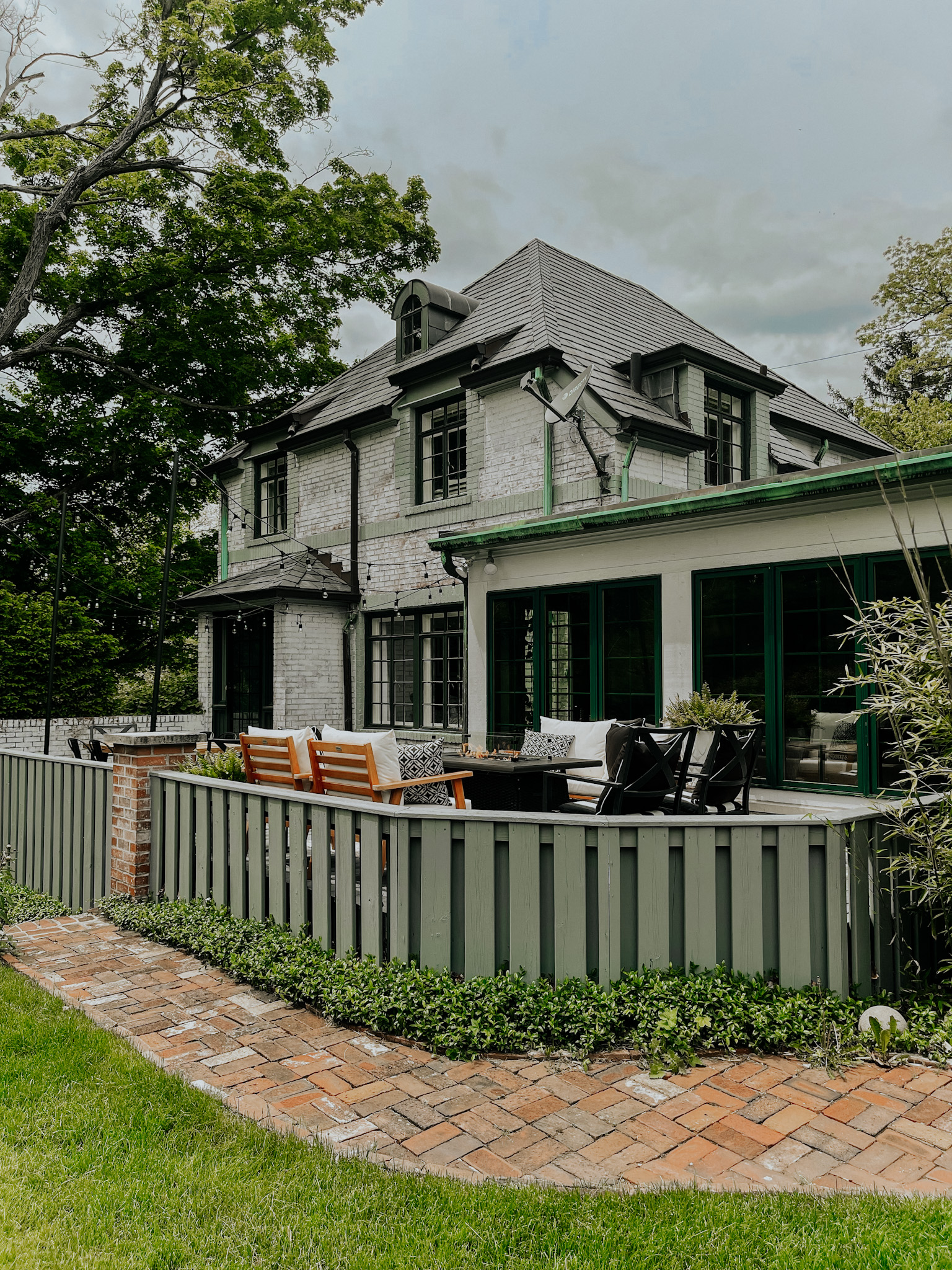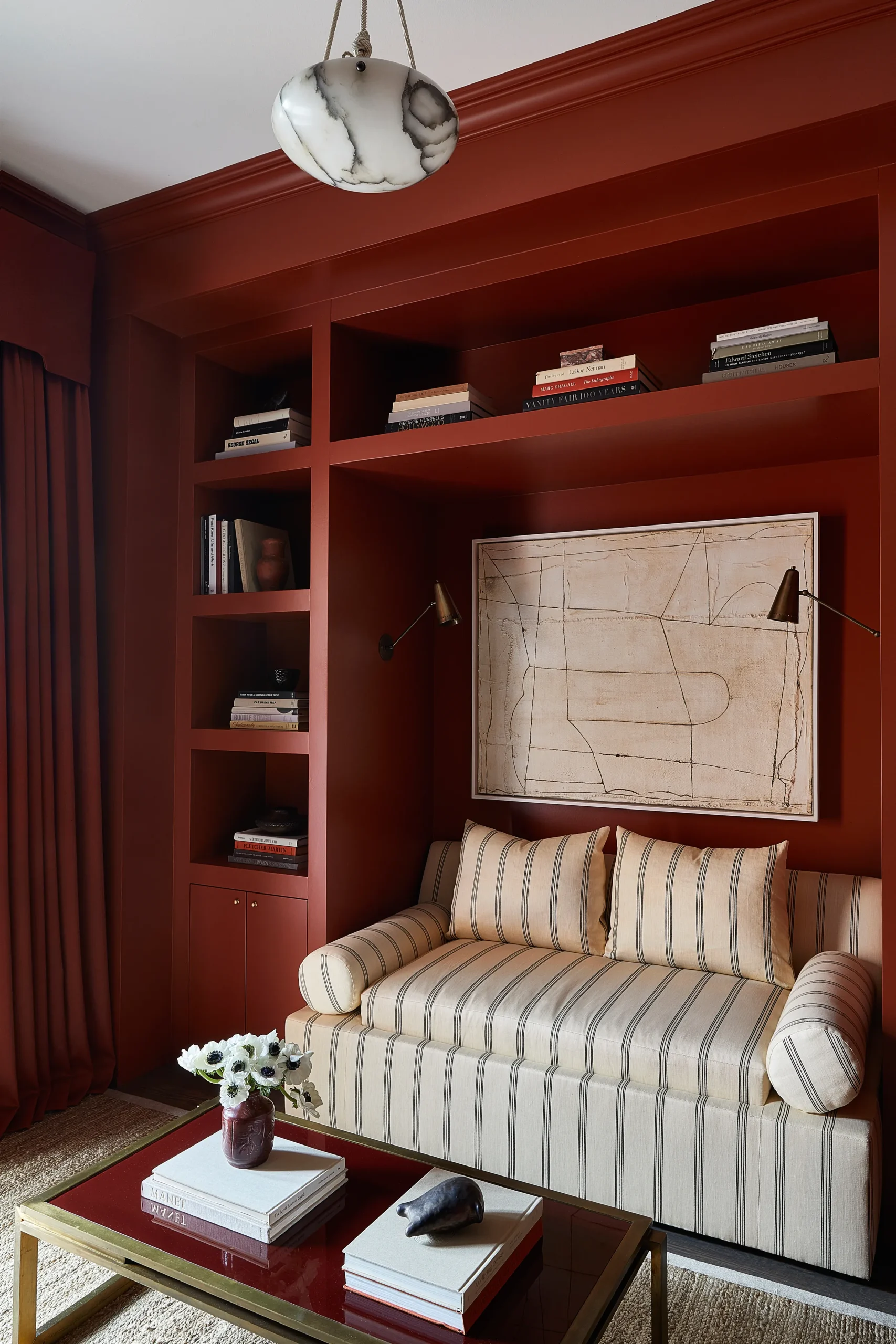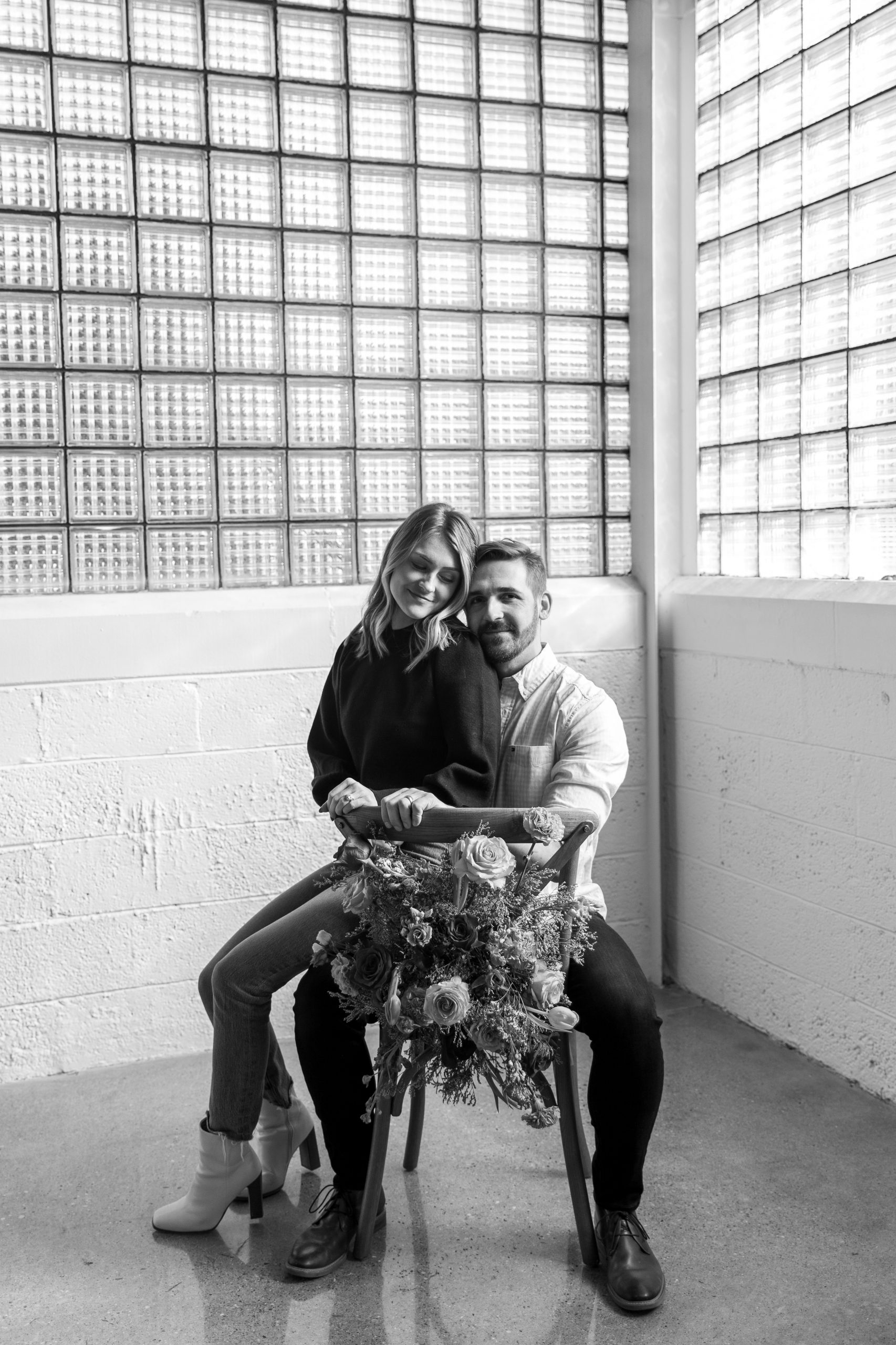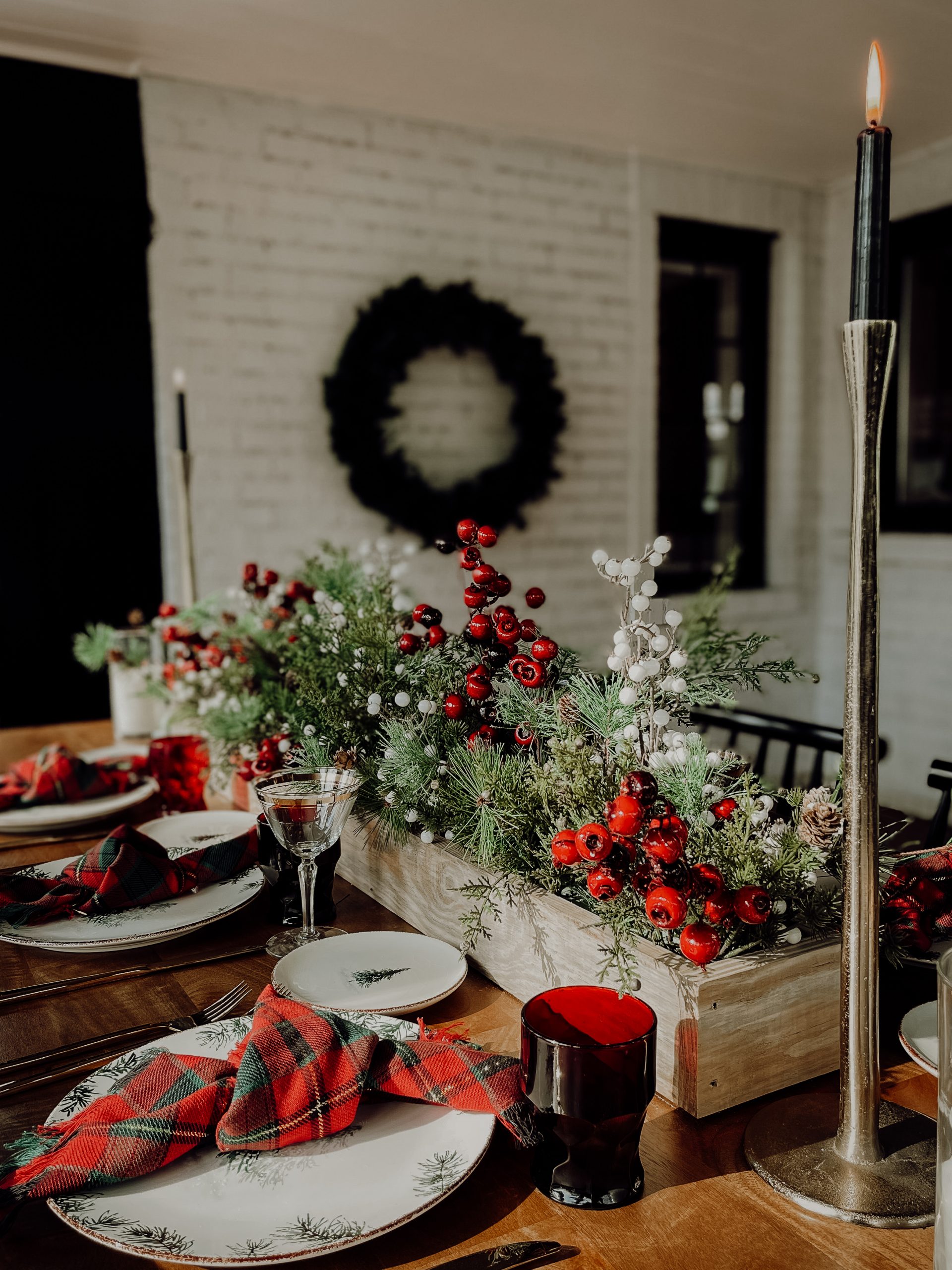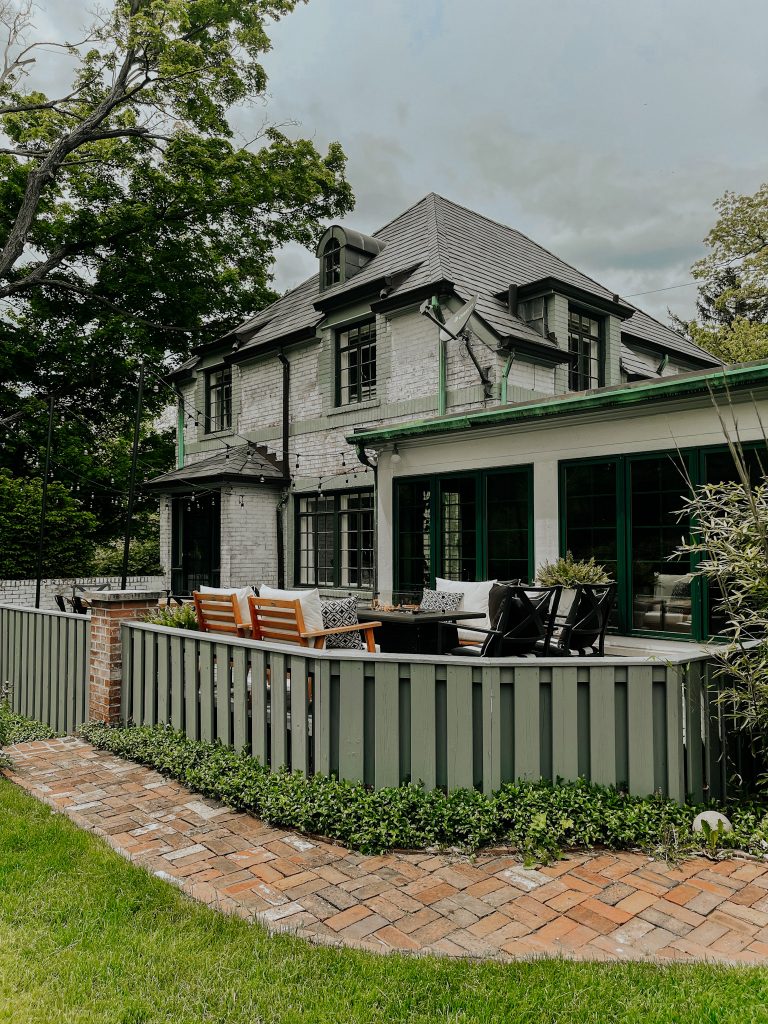
This post may contain affiliate links. Thanks for keeping the blog afloat.
After buying five homes and selling four, I have learned a thing or two about the process, like up-front costs and how to negotiate after an inspection. Having a knowledgeable, attentive, and understanding realtor has played a major role in getting us into our dream home. A huge shout out to Lesli Gibson from Maywright Property Co.!
#1. How do you weigh the pros and cons of a move-in ready house vs. a fixer upper?
I have experience buying both — and have my own personal opinion about this. After buying 3 “fixers,” I decided to buy a “move-in ready” house, and it was a huge regret. This is a personal opinion and completely depends on you!
I went with a move in ready house at the time because it felt so stress free, and surprise — maintenance and project-wise it was! I could move in and decorate right away. We wouldn’t have to spend all of our extra time and money (which isn’t a lot) on the house. We could focus on spending quality time with one another, growing our family, traveling, experiences, etc.
All of that said, the renovated house didn’t leave a lot of room to make the spaces feel like our own. I didn’t get as attached to the house because my blood, sweat and tears didn’t go into restoring it.
Fixers can also be an amazing investment. Renovated homes don’t leave a lot of room to make money when you do decide to sell the house, especially when you take into account all the fees. If you do buy a new or renovated home, make sure you plan to stay there for a long, long time!
#2. What are all the little costs to consider when buying a new house?
Most people consider their downpayment and monthly payment, but there are actually several other costs associated with buying a new home. Some other costs to consdier include:
- Earnest money
- Inspections
- Appraisal
- Closing costs (loan fees etc.)
- Realtor commissions
#3. When did you know you were ready to buy?
I am a HUGE proponent of buying instead of renting! When you pay rent, you never see that money again. When you .buy a house you should reap the rewards when it comes time to sell. I decided to buy a house before I could even afford to, and I can’t tell you how much it paid off! I was able to pay off $40,000 in student loans over 6 years by buying, renovating and selling my primary residences. Even though buying a house feels like you’re spending a ton of money … you are investing that money, not throwing it away.
#4. What are your top priorities for furnishing and updating when you first move in?
The very first thing I do when I close on a new house is paint! It’s a fairly easy and affordable project that makes a MAJOR impact. New paint also makes everything feel clean and fresh. Behr Marquee is my absolute favorite paint and I’ve used it in all 5 of my houses. I highly recommend investing in a couple of good paint brushes and drop cloths.
When it comes to furnishings, I utilize what I already own and then identify major gaps. We lived without a sofa for a couple of weeks in our third house, and it drove me insane! Ask yourself where you generally spend the most time and focus on those big pieces first. I think a bed/mattress goes without saying! We have the Awara mattress and it’s amazing.
#5. What should I communicate to my realtor when I first start the search?
First off, your budget and desired locations! That will help narrow the search tremendously. You also want to communicate size, number of beds/baths, style of home (ranch/two story etc.), type of property (yard or no yard), any design preferences (are you a sucker for mid-century modern or looking for something traditional?).
#6. How to politely tell your grandma you won’t be using her as a realtor.
I’ve used a family member as my realtor before, and I will never do it again. Hire someone who is completely third-party (but highly recommended) to help you navigate the market. There is a lot of communication and behind the scenes paperwork that goes into buying a house, and it’s a lot easier to express your feedback to someone not related to you!
#7. How do I figure out what I can actually afford?
This isn’t as complicated as it may seem! Figure out your monthly income and all of your monthly debts. Your mortgage payment cannot exceed 43% of your monthly income, and you must have the money available AFTER paying all of your monthly debts (such as your car payment, credit card payments, student loan payments, etc). I love this simple to use calculator from Nerd Wallet!
#8. What is the best credit score to get a house?
You need a minimum credit score of mid-600s to secure a conventional loan. FHA loans are much more lenient on your credit score, especially if you have a large down payment. You can secure an FHA loan with a credit score as low as 580 and 3.5% down (rocket mortgage).
#9. How does unpaid debt and your credit score impact your loan?
It’s really all about your debt to income ratio and the size mortgage you’re trying to secure. A low debt to income ratio is a huge plus. Lenders are looking for a ratio of 36%, but some may allow up to 43%.
You need a minimum credit score to secure a loan, but that number varies drastically based on the type of mortgage loan you use to finance your home purchase (500-680). See #7 and #8 for more information on this question!
#10. How much do you need to put down for your first house?
You can put as little as 3% down to purchase a home! Different types of mortgages (Conventional, FHA, VA, USDA, physician’s loan etc.) have different down payment requirements. I’ve put down anywhere from 0% to 20% on my various homes depending on financing, cash on hand, plans for the house, and how long we would live there.
#11. Do you recommend always putting 20% down?
Out of all five homes I’ve purchased, I have only put 20% down once. If you do not put 20%, you will be stuck with private mortgage insurance (PMI). It adds a small fee to your overall cost per month, but you can get rid of PMI once you have 20% equity in the home. Because we have never been cash rich, it’s always been easier for us to put down less than 20% and pay PMI.
#12. Why do people say owning a home is cheaper than renting?
A mortgage payment is typically lower than rent payments for WAY more space and more convenience. I lived in a nice 800 square foot apartment directly out of college paying $749/month for rent + utilities. By comparison, we purchased a 960 square foot bungalow for $65,000 and our monthly payment was around $500. We had a yard, laundry, a nice kitchen, a garage and the ability to do whatever the heck we wanted to the place!
My current house is 3,000 square feet, and we pay $1,500/month. We have a large fenced in yard and a paved driveway for parking. Just a few miles down the road, that price point would get you 900 square feet for $2,000+/month in an apartment complex.
#13. Did you wait until you had a lot of money saved to buy a house?
The simple answer to this question is absolutely not. Is that ideal? Probably not, but it has worked out great for me. My first house cost $65,000, and we could barely scrape together $500 for earnest money.
We were gifted $3,500 from my ex fiancé’s parents for the downpayment, which we paid back to them a year and a half later when we sold the house for a profit. The profits we gained on that first house allowed us to purchase a $160,000 home with a 20% down payment.
Side note: If given money for your down payment it has to be a “gift,” meaning you are not expected to pay it back. You will have to disclose this in the lending process. The $3,500 was a gift, and we gave them the money back simply as a thank you, even though we didn’t have to.
#14. What is the most complicated step of buying a house?
In my opinion, securing the mortgage loan is by far the most complicated part of the home buying process. Using the right realtor makes the transactions, paperwork, and communication painless and convenient. I’m grateful for the skilled realtors we have used in the past!
More Blog Posts You Might Enjoy:
- Kids Playroom Design Ideas
- Bold, Red Rooms are All the Rage for 2024
- A Traditional Christmas Dining Room
- Create a Cozy Vintage Aesthetic at Home
- Kitchen Coffee Bar Makeover
Buying a house is a MAJOR life decision, and it does take a bit of work, but I have never looked back! I love being a homeowner and investing my time, money and talents into building a place to call home. We have been so lucky to purchase multiple homes and hope to buy some investment properties in the near future.
Share on Pinterest so that other first-time home buyers can find this info also! Every share helps me continue creating quality content for you. Thank you!
